University adopts statement on role for interfaith dialogue
Interfaith dialogue has been part of the work of Christian Reformed Church’s Ecumenical and Interfaith Relations Committee since 2010.
Calvin University’s Board of Trustees affirmed a statement in support of interfaith dialogue’s role in the Calvin Strategic Plan 2025’s goal to strengthen the community’s Reformed Christian witness at a meeting last month.
The statement made a case for the role of interfaith dialogue — that is, constructive, positive engagement between different faiths — in a Calvin education. “By adopting this statement for Calvin, our Board of Trustees is aligning with the denomination to be intentional around interfaith engagement,” said University Pastor Mary Hulst, who was involved in the effort to bring the statement to the board. The team that drafted the statement also included history professor Frans van Liere, German professor and Associate Dean for Diversity and Inclusion Pennylyn Dykstra-Pruim, Executive Associate to the President for Diversity & Inclusion Michelle Loyd-Paige and professor Douglas Howard.
Having interfaith dialogue as a documented goal will allow it to be more prominent within Calvin’s education structure. According to van Liere, being ready to engage well with people of other faiths is part of the skillset Calvin students will need in their lives after graduation.
“We live in a society that is not exclusively Christian. Students are very likely, either in their professional or personal lives, to encounter people of other faiths,” van Liere said.
Hulst sees it as part of her job to prepare students for a pluralistic world. “We want Calvin students, staff, faculty and our alums all over the world to lead the way when it comes to hospitality, neighborliness, curiosity and compassion toward those who believe differently than we do. This is one way in which we can be winsome for the gospel,” Hulst told Chimes.
Van Liere said he believes that communicating well with people with other beliefs can breed harmony and help people coexist in peace. “We live in a society in which anti-Semitism and islamophobia are on the rise,” he said. “My hope is that engaging people of other faiths will take away some of the fear that leads to hatred. For me, that is a Christian mandate.”
Dykstra-Pruim hopes that interfaith dialogue and interaction will obtain more recognition and accreditation now that the statement is approved. “Faculty, students and staff can have more opportunities to do interfaith things like getting to know people, learning more about different religions and working together for a better civic community,” Dykstra-Pruim said.
Interfaith dialogue is sometimes misunderstood as compromising beliefs. However, van Liere sees interfaith engagement as a tool to help people grow in their own faith. “Some people treat [interfaith dialogue] with suspicion. They confuse interfaith dialogue with universalism and syncretism. This document should make it clear that interfaith engagement is a constructive part of a Christian education and that the way we engage in interfaith dialogue is fully in line with what the Christian Reformed Church (CRC) has to say about interfaith dialogue,” van Liere said. “I hope that it will take away the suspicion that many students and faculty have about interfaith dialogue.”
Interfaith dialogue has been part of the work of the CRC’s Ecumenical and Interfaith Relations Committee since 2010. Interfaith dialogue, according to the CRC’s statement on interfaith relations, “is an activity of people from other faiths coming together to understand each other better, and where possible, stand together on selected issues that address the ‘common good’ for our society.”
Van Liere told Chimes he sometimes finds that students are afraid to engage with people of other faiths for fear of losing their own faith. But facing that insecurity can actually strengthen a person’s faith, according to van Liere. “Running away from one’s insecurities is not a good way of dealing with them. Fear is not a constructive way to deal with doubt. Religion is not static; for me, belief in God and Jesus Christ as my savior involves a continuous growth in knowledge, understanding and wisdom,” he said. “Engaging with people of other faiths can help facilitate that growth. To give you an example: Understanding the Muslim concept of God’s absolute transcendence and “otherness” has made me appreciate the absolute uniqueness of the incarnation in Christianity.”
“A recent study has also shown that interfaith conversations strengthen people’s own faith. As followers of Jesus, we want to take every opportunity to learn more about our own discipleship and beliefs, and by having conversations with people from other faiths, we come to understand the grace and mercy of God through Jesus more deeply,” said Hulst. “We may even see the devotion of another person to their faith and be inspired to become more devoted to ours.”



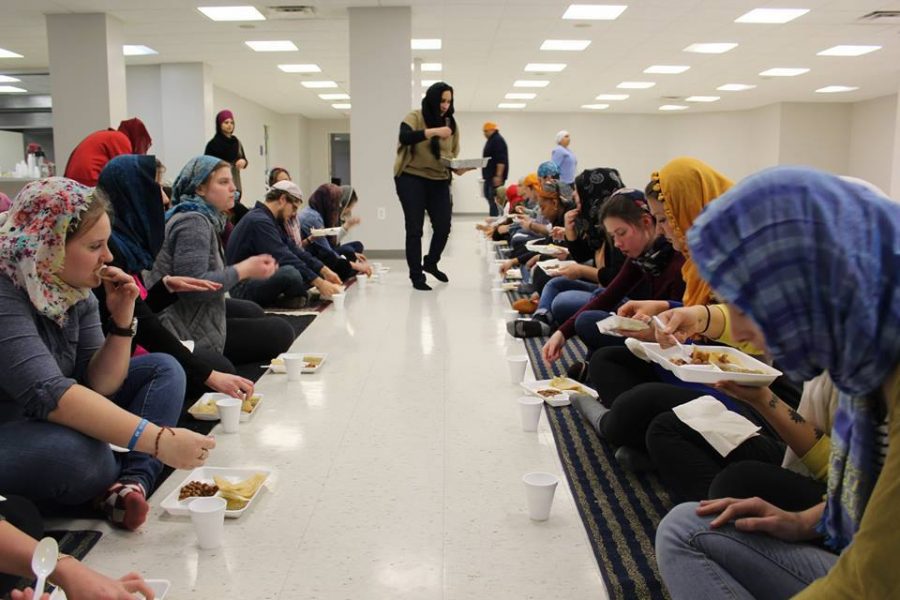
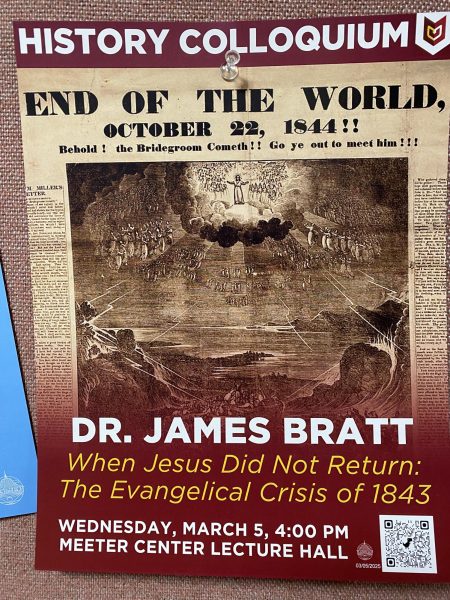
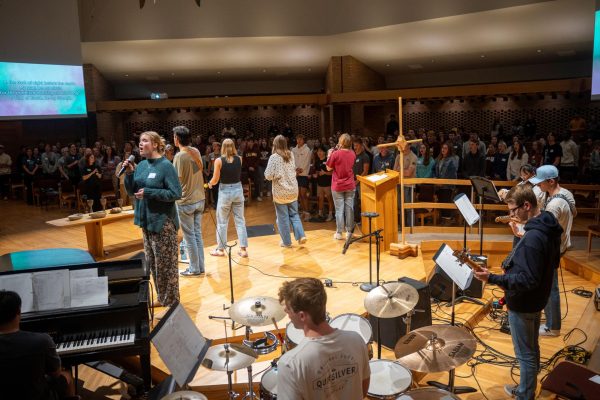
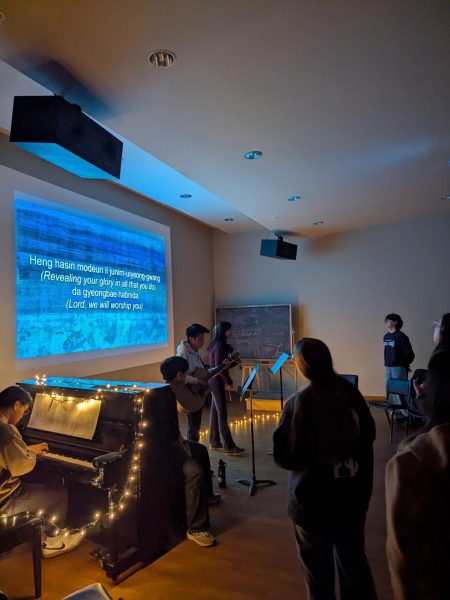
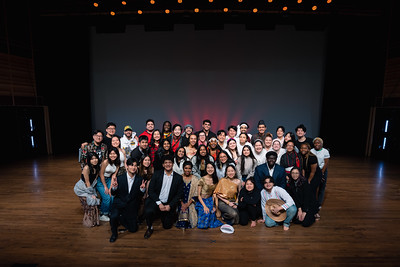

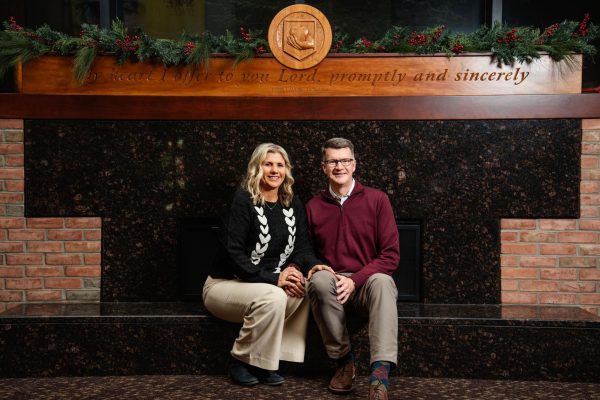
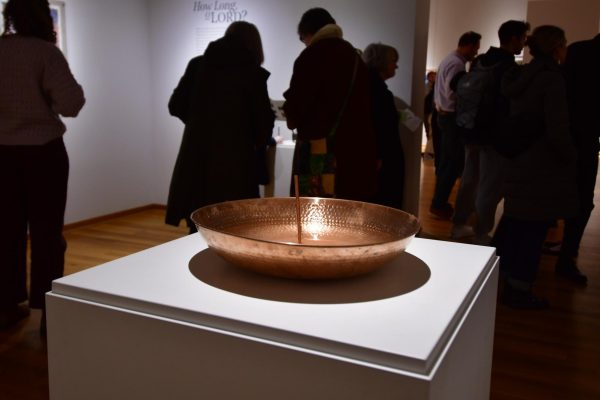
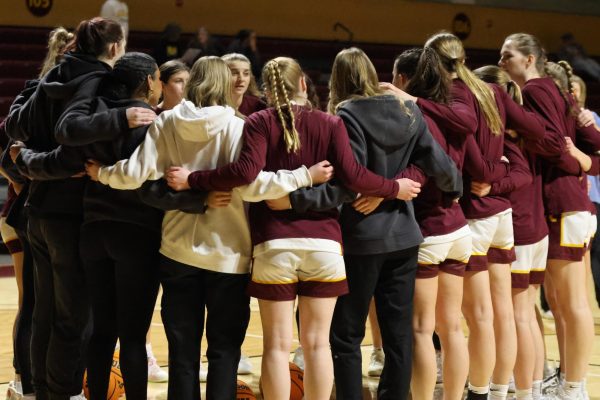
Carol Lautenbach • Feb 14, 2023 at 11:27 am
Pleased to read about this important development. Please consider sharing a link to the actual statement. Thanks!